



If you’re craving a place where the sea breeze carries stories of old and the mountains stand like silent guardians,Khawr Fakkān is where you want to be. This coastal town in the UAE has a laid-back charm that feels like a breath of fresh air compared to the glitz of bigger cities. Imagine waking up to the gentle sound of waves lapping against the shore,the salty tang of the ocean mixing with the warm desert air. It’s a place where the rhythm of life slows down just enough for you to really soak it all in. Walking through Khawr Fakkān,you’ll notice the blend of traditional Emirati culture with a touch of modern seaside leisure. The bustling fish market is alive with the calls of vendors and the fresh scent of the day’s catch,while nearby cafes invite you to sip on strong Arabic coffee or fresh mint tea,watching fishermen mend their nets. The town’s character is deeply tied to the sea,and you can feel it in the friendly smiles of locals and the colorful boats bobbing in the harbor. What really sets Khawr Fakkān apart is its stunning natural backdrop. The rugged Hajar Mountains rise dramatically just beyond the town,offering hiking trails that reward you with breathtaking views of the coastline. Whether you’re exploring the mangroves by kayak or wandering the quiet beaches at sunset,there’s a peacefulness here that stays with you long after you leave. It’s a place that invites you to slow down,breathe deeply,and connect with a side of the UAE that’s refreshingly authentic.
The information on this page is currently being reviewed by Tripkliq and should be used as a guide only
Eng word: Hello
Eng pronunciation: Marhaban
Local language: مرحبا
Eng word: Goodbye
Eng pronunciation: Wada'an
Local language: وداعا
Eng word: Thank you
Eng pronunciation: Shukran
Local language: شكرا
Eng word: How much
Eng pronunciation: Kam al-si'r
Local language: كم السعر
Eng word: Toilet
Eng pronunciation: Mirhad
Local language: مرحاض
Eng word: Help me
Eng pronunciation: Sa'idni
Local language: ساعدني
Eng word: Yes
Eng pronunciation: Na'am
Local language: نعم
Eng word: No
Eng pronunciation: La
Local language: لا
Eng word: Excuse me
Eng pronunciation: Afwan
Local language: عفوا
Khawr Fakkān has been a significant port and trade hub for centuries, thanks to its strategic location on the Gulf of Oman. It served as a key stop for merchants traveling between the Arabian Peninsula, India, and East Africa.
In the 16th century, the Portuguese built fortifications in Khawr Fakkān to protect their trade routes. While the original structures no longer exist, their historical significance highlights the city's importance in maritime trade.
The Al Rabi Tower, built in 1915, is a historical watchtower that overlooks the city. It was used to monitor the coastline and protect the area from potential invaders.
Before the discovery of oil, Khawr Fakkān was known for its thriving pearl diving industry. The city played a vital role in the UAE's pearl trade, which was a cornerstone of the local economy.
Khawr Fakkān's historic souq (market) has been a center of commerce for generations. It offers a glimpse into the traditional Emirati way of life and the city's trading legacy.
Khawr Fakkān has long been a landmark for sailors navigating the Gulf of Oman. Its natural harbor and surrounding mountains made it a crucial point of reference for maritime travelers.
The historic road connecting Fujairah and Khawr Fakkān has been a vital route for trade and travel. It showcases the city's role as a link between the eastern and western parts of the UAE.
In recent years, Khawr Fakkān has focused on restoring and preserving its historical landmarks, such as the Al Rabi Tower and ancient mosques, to celebrate its rich cultural heritage.
Khawr Fakkān is home to a stunning natural amphitheater surrounded by mountains. This unique geographical feature has been a part of the city's landscape for centuries and is now a popular tourist attraction.
In Khawr Fakkān, the most common Power Adaptor is Type G.

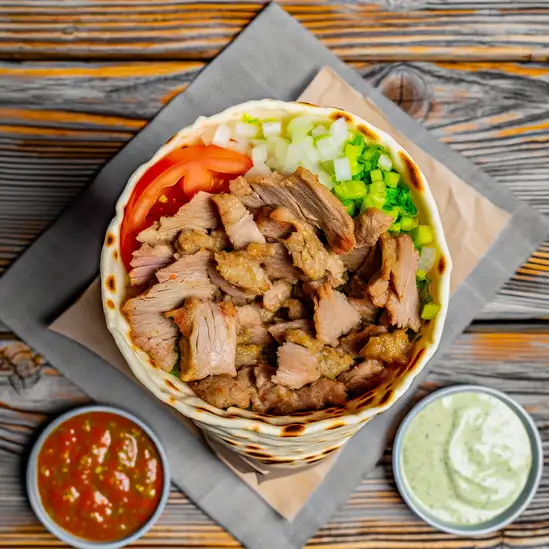
A popular Middle Eastern dish consisting of marinated meat, typically chicken or lamb, cooked on a vertical rotisserie and served in a wrap or pita with vegetables and sauces.
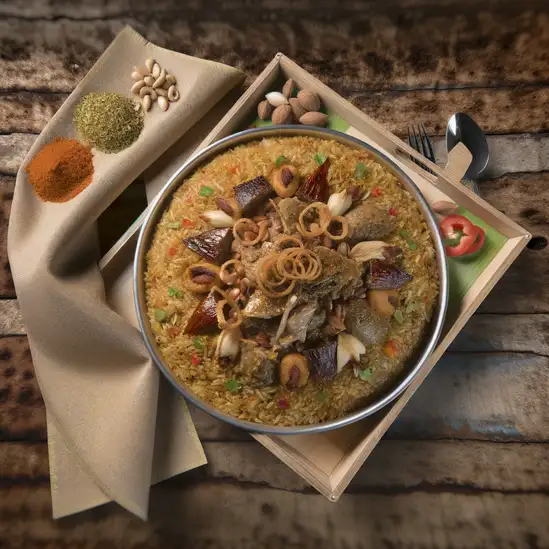
A traditional Emirati rice dish made with spiced rice, meat (such as chicken, lamb, or fish), and a blend of aromatic spices, often garnished with fried onions and served with a side of salad.
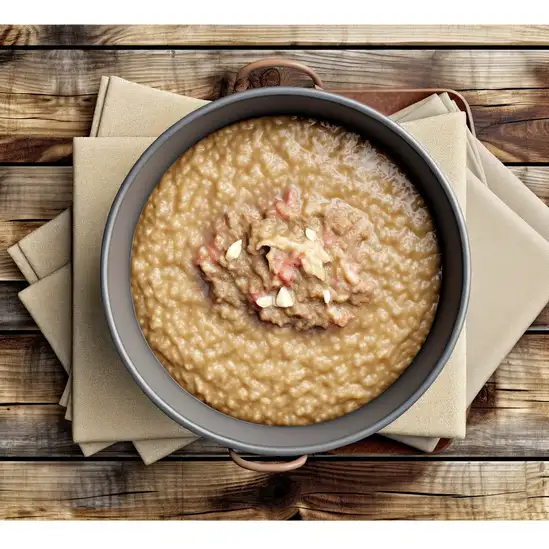
A dish made from wheat and meat, cooked together until they form a smooth, porridge-like consistency, often flavored with spices and served during special occasions.
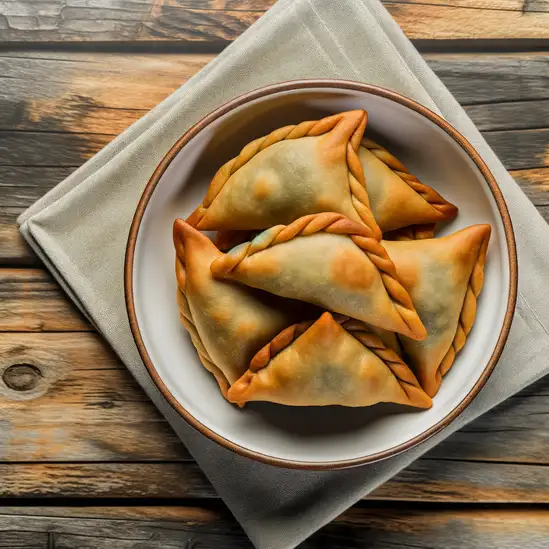
A savory pastry filled with a mixture of spiced meat, vegetables, or lentils, often enjoyed as a snack or appetizer, especially during Ramadan.
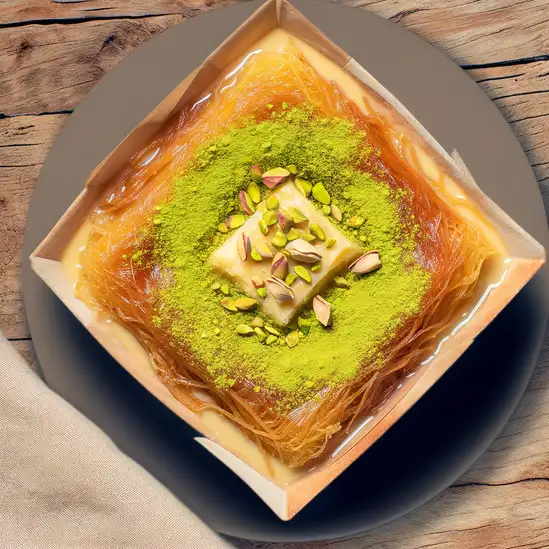
A popular dessert made with thin noodle-like pastry soaked in syrup and layered with cheese or cream, often topped with crushed pistachios.
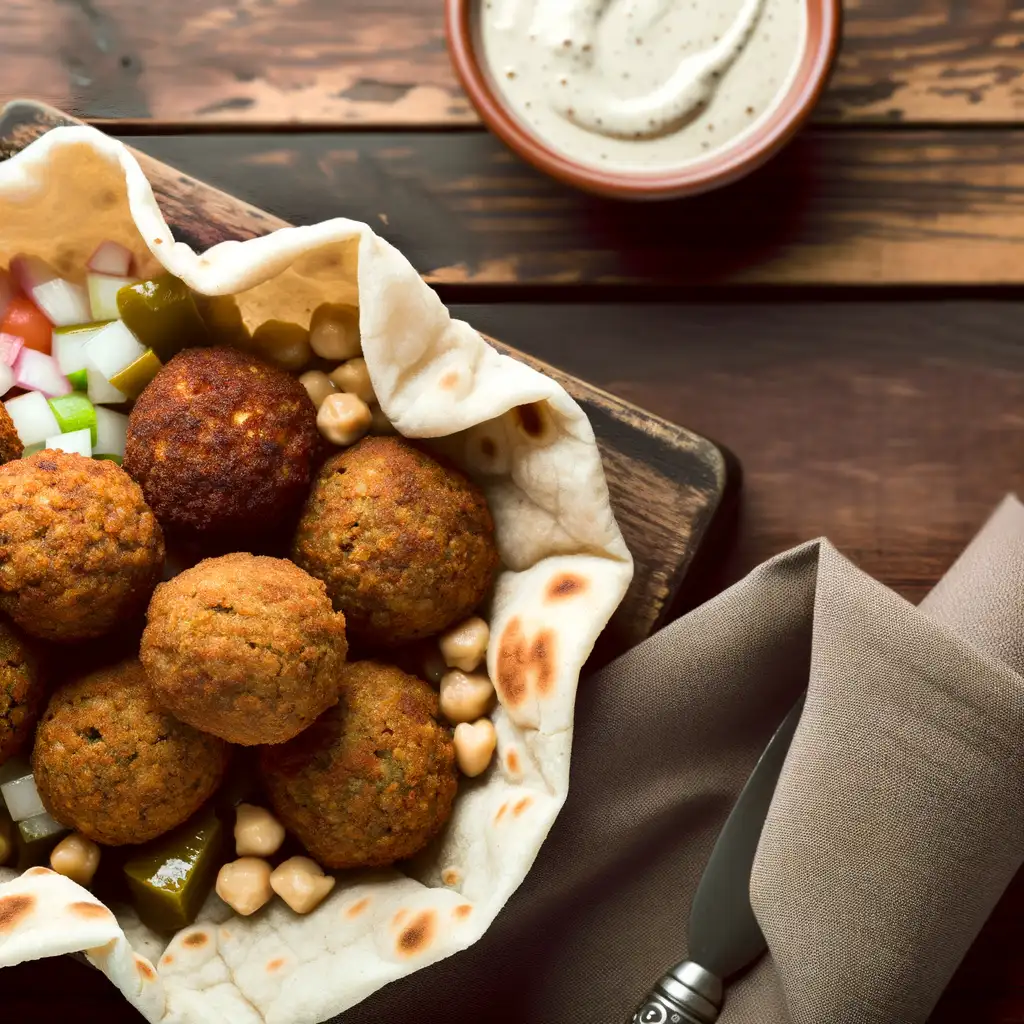
Deep-fried balls made from ground chickpeas or fava beans, mixed with herbs and spices, typically served in a pita with tahini sauce and vegetables.

Freshly caught fish marinated with local spices and grilled to perfection, often served with rice or bread and a side of salad.
Imagine stepping into a place where the future meets tradition in the most dazzling way—that’s Dubai for you. The moment you arrive,there’s this electric buzz in the air,a mix of ambition and warmth that’s impossible to ignore. Skyscrapers like the Burj Khalifa stretch into the sky,shimmering glass and steel reflecting the golden desert sun,while just a few streets away,you can wander through bustling souks filled with the scent of exotic spices and the chatter of friendly vendors. It’s a city that never feels cold or impersonal,even with its towering modernity.
Walking along the Marina at sunset,you’ll hear the gentle lapping of water against sleek yachts,the distant hum of conversations in dozens of languages,and the occasional call to prayer weaving through the air,grounding you in the city’s rich cultural tapestry. The food scene is a vibrant adventure—imagine tasting freshly grilled shawarma,sweet dates,and rich Arabic coffee,each bite telling a story of the region’s heritage and its global influences.
What really makes Dubai stand out is its fearless spirit. It’s a place where desert dunes meet luxury shopping,where traditional falconry coexists with indoor ski slopes,and where every corner invites you to explore something unexpected. Whether you’re marveling at art installations in Alserkal Avenue or catching the cool breeze on a dhow cruise,Dubai feels alive,inviting you to be part of its ever-evolving story.
Imagine stepping onto Abu Dhabi Island and instantly feeling a blend of modern energy and timeless tradition wrapping around you like a warm breeze. The city pulses with a unique rhythm—where gleaming skyscrapers meet the gentle lapping of turquoise waters,and the scent of frankincense mingles with the salty sea air. Walking along the Corniche,you’ll catch the laughter of families,the hum of cyclists,and the distant call to prayer,all weaving together into a vibrant tapestry of daily life.
What really sets Abu Dhabi apart is its graceful balance between the old and the new. The Internal Islands City,with its sleek marinas and chic cafes,invites you to savor fresh seafood while watching luxury yachts drift by. Yet,just a short drive away,you can explore the grand Sheikh Zayed Mosque,where intricate mosaics and towering domes tell stories of culture and faith. The city’s character shines brightest in its people—welcoming,proud,and eager to share their heritage.
Taste the rich spices in a traditional Emirati dish or sip on sweet karak tea as the sun dips below the horizon,painting the sky in shades of pink and gold. Abu Dhabi isn’t just a place to see; it’s a place to feel—where every corner offers a new sensory delight and every moment invites you to slow down and soak it all in. Trust me,once you experience its warmth and wonder,you’ll be planning your next visit before you even leave.
If you ever find yourself in Male,Maldives,get ready to be swept up by a vibrant little city that pulses with island life and unexpected energy. It’s not your typical tropical getaway where everything feels distant and quiet—instead,Male buzzes with a lively rhythm,where the scent of salty ocean air mingles with the aroma of fresh spices from bustling street markets. Walking through its narrow streets,you’ll hear the chatter of locals,the hum of motorbikes,and the occasional call to prayer echoing from the mosques,all blending into a soundtrack that feels both ancient and alive.
What’s really captivating about Male is how it balances tradition and modernity. You’ll see colorful buildings painted in bright pastels,fishing boats bobbing in the harbor,and sleek cafes serving up rich Maldivian coffee alongside international flavors. The city’s compact size means you can explore on foot,discovering little corners where vendors sell fragrant tropical fruits or where fishermen unload their fresh catch of the day. The warmth of the people here is palpable—they’re proud of their culture and eager to share stories if you stop to chat.
And don’t miss the chance to taste the local cuisine—imagine biting into a spicy mas huni breakfast,where shredded tuna,coconut,and chili dance on your tongue,or savoring grilled seafood fresh from the Indian Ocean. Male isn’t just a gateway to the Maldives’ famous resorts; it’s a lively,sensory-rich place that invites you to slow down,soak in the island spirit,and feel connected to a culture that’s as deep as the surrounding blue waters.
Doha feels like stepping into a vibrant blend of tradition and modernity,where the desert meets the sea in the most unexpected ways. Imagine walking along the Corniche at sunset,the warm breeze carrying the faint scent of spices from nearby souks,while sleek skyscrapers shimmer against the fading light. The city hums with a quiet energy—call to prayers echo softly,mingling with the chatter of locals and the distant hum of luxury cars. It’s a place where the past and future coexist,inviting you to explore both ancient culture and cutting-edge design.
Wandering through the narrow alleys of Souq Waqif,you’ll be enveloped by the rich aroma of frankincense and cardamom,while colorful textiles and handcrafted wares spill from every stall. The lively banter of shopkeepers and the clinking of tea glasses create a warm,welcoming atmosphere that feels deeply personal. Then,just a short drive away,the Museum of Islamic Art stands like a jewel on the waterfront,its architecture as breathtaking as the treasures inside.
What really makes Doha special is its pace—there’s a calm confidence here,a city that’s growing fast but still holds onto its roots. Whether you’re savoring fresh seafood by the water,feeling the soft sand beneath your feet on a desert safari,or simply watching the city lights dance on the bay,Doha invites you to slow down and soak it all in. It’s a place that surprises you,not with loud fanfare,but with quiet moments that linger long after you’ve left.
If you ever find yourself wandering through Muscat,you’ll immediately notice a calm,almost meditative rhythm to the city. It’s not the usual hustle of a big metropolis; instead,there’s a gentle blend of tradition and modern life that feels both grounding and inviting. The air carries a subtle mix of sea salt from the Gulf of Oman and the warm,spicy aroma of frankincense wafting from local markets. Walking along the Corniche,you’ll catch the glint of sunlight bouncing off whitewashed buildings and the soft murmur of fishing boats bobbing in the harbor.
Muscat’s charm lies in its contrasts—ancient forts stand proudly against a backdrop of rugged mountains,while sleek cafes and art galleries hint at a quietly evolving culture. The city’s soul is deeply tied to its people,who greet you with genuine warmth and a readiness to share stories over a cup of sweet,cardamom-spiced coffee. Exploring the winding alleys of Mutrah Souq,you’ll hear the lively chatter of vendors and the clinking of silver jewelry,while your fingers brush against handwoven textiles and fragrant spices.
What really stays with you is the sense of place—Muscat feels like a crossroads where the past and present meet in harmony. Whether you’re savoring fresh seafood by the water or watching the sun dip behind the mountains,there’s a peacefulness here that invites you to slow down,breathe deeply,and soak in the beauty of a city that’s quietly proud of its heritage and hopeful for its future.
Manama feels like a vibrant crossroads where tradition and modern life dance effortlessly together. The moment you step into its bustling souks,the air is thick with the scent of exotic spices and freshly brewed gahwa (Arabic coffee),while the chatter of merchants and the clinking of tea glasses create a lively soundtrack. Walking through the narrow alleys,you catch glimpses of colorful textiles and intricate handicrafts,each telling a story of Bahrain’s rich heritage.
By day,the city’s skyline sparkles with sleek glass towers,but just a short walk away,you find yourself wandering ancient forts and quiet mosques,their sandstone walls whispering tales from centuries past. The warm breeze carries hints of the nearby sea,and if you head to the Corniche,you’ll feel the gentle splash of waves as fishing boats bob lazily in the harbor. It’s a place where the old world meets the new,and you can savor both with equal delight.
Food here is a celebration of flavors—imagine biting into freshly grilled hammour fish,seasoned with local herbs,or savoring sweet dates dipped in rosewater syrup. The people are incredibly welcoming,always ready to share a story or invite you to try a traditional dish. Manama isn’t just a city to visit; it’s a place to experience,where every street corner hums with life and every moment feels like a warm embrace.
Unlicensed money exchangers offer poor exchange rates or give counterfeit currency to unsuspecting tourists.
Scammers sell counterfeit tickets to popular attractions, leaving tourists unable to enter the venue.
Individuals approach tourists claiming to collect donations for a charity, but the money is pocketed instead.
Scammers pose as tour guides offering cheap or exclusive tours, but they provide subpar services or disappear after taking payment.
Tourists are charged exorbitant prices for souvenirs or local goods, especially in areas with no fixed pricing.
Scammers create distractions in crowded areas to pickpocket tourists' belongings.
Vendors sell low-quality or fake products at inflated prices, claiming they are authentic or handmade.
Some taxi drivers may take longer routes or not use the meter to overcharge tourists unfamiliar with the area.
The UAE, including Khor Fakkan, has a zero-tolerance policy toward drugs. The possession, use, trafficking, or distribution of illegal drugs is strictly prohibited and carries severe penalties, including long prison sentences, heavy fines, and deportation. Even trace amounts of drugs in your system or belongings can lead to legal consequences. Tourists should avoid bringing any substances that could be considered illegal under UAE law, including certain prescription medications without proper documentation.
In Khor Fakkan, as part of the United Arab Emirates, smoking is regulated under strict laws. Smoking is prohibited in public places such as malls, restaurants, government buildings, and public transportation. Designated smoking areas are available in some locations, and smoking outside these areas can result in fines. Smoking near schools, mosques, and healthcare facilities is strictly forbidden. Tourists should be mindful of these rules to avoid penalties.
Vaping is treated similarly to smoking in Khor Fakkan and the UAE. It is prohibited in public places, and the use of e-cigarettes is only allowed in designated smoking areas. The sale and import of vaping devices and e-liquids are legal, but they must comply with UAE regulations. Tourists should avoid vaping in restricted areas to avoid fines or legal issues.
What are other people saying about Khawr Fakkān?
Recent Social posts about Khawr Fakkān
There is nothing to show you for now.